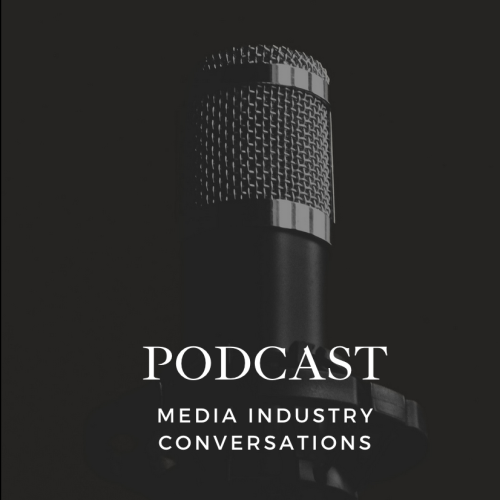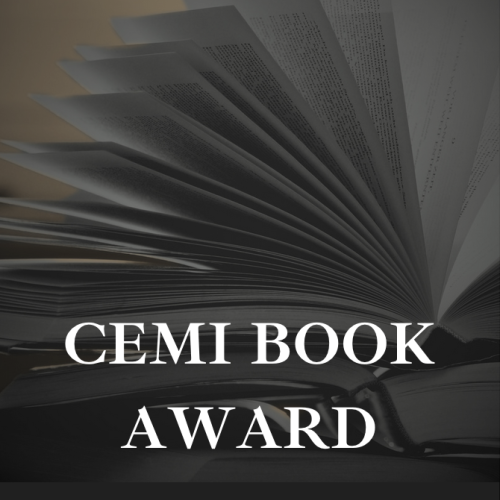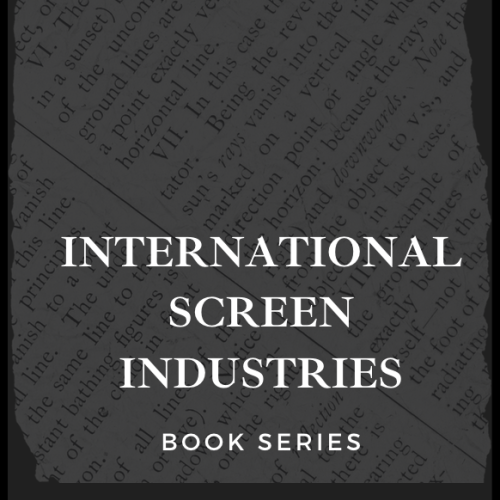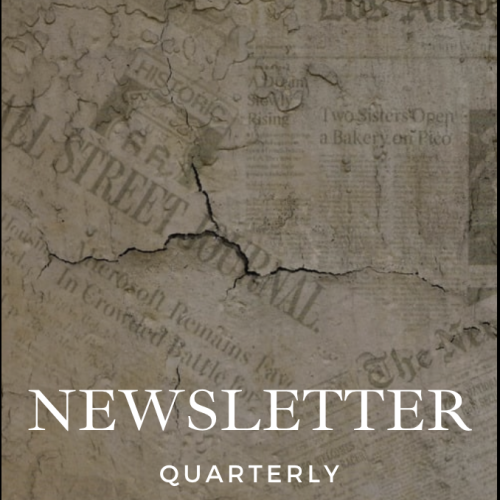The Center for Entertainment and Media Industries works to research and disseminate information on the media business to the public, the academy, and the industry with the goal of increasing access to and knowledge about the evolving ecosystem.
Do you work in the Texas Media Industry? We’d love to hear from you.
Research
The Center for Entertainment and Media Industries is researching the evolution of the Texas media industry and examining the role of film incentives on production across the state. Our first publication, “Roadmap to the Texas Media Industries” is now live!
Completed Research
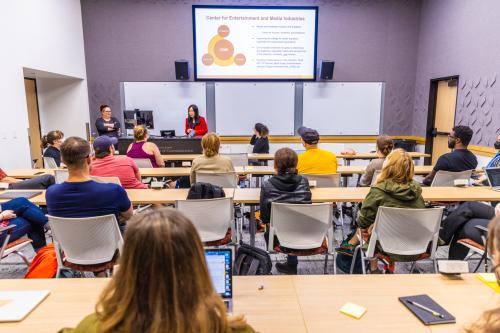
Bridging the Internships Gap
CEMI's research team recently presented "Access, Experience and Outcome: Bridging the Internship Gaps in Media Industries," which was selected as the First Place Paper of the Internships and Careers Interest Group at the Association for Education in Journalism and Mass Communication.
Principal Investigators: Wenhong Chen, Lesley Willard
Research Assistants: Katherine Hoovestol, Pete Johnson, Shengqiao Lin, Cristina Pablos, Luis Rivera-Figueroa



